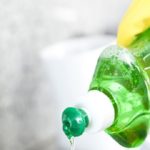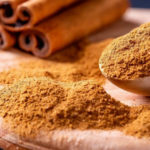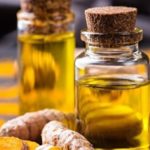Don’t Gargle for Too Long or Too Quickly
To maximize the effectiveness of mouthwash, it’s important to swish it around your mouth for 20 to 30 seconds. Don’t spit it out too early, as the antibacterial agents in the mouthwash need time to kill bacteria and thoroughly clean your mouth.
However, don’t swish for too long, as mouthwash can irritate your sensitive and delicate oral mucosa.

Don’t Use Mouthwash Too Frequently
Some people feel that mouthwash provides a sense of comfort and freshness, so they reach for it whenever they feel their mouth is dirty or uncomfortable. However, using mouthwash too often can lead to a dry mouth due to the high alcohol content found in many mouthwashes. Prolonged overuse of mouthwash can also contribute to tooth decay and bad breath.
To maintain a clean, fresh mouth without these negative side effects, limit your use of mouthwash to no more than 2-3 times per day.
Don’t Eat or Drink for 30 Minutes After Using Fluoride Mouthwash
If you’re using a fluoride mouthwash, it’s important to wait at least 30 minutes before eating, drinking, or brushing your teeth to allow the fluoride to fully absorb and provide its protective benefits.

Don’t Use Mouthwash as a Substitute for Brushing Your Teeth
While mouthwash is a convenient and quick way to freshen your breath, it should never replace brushing your teeth. Mouthwash only contains mild antibacterial agents and is meant to be a supplementary step in your oral care routine, not the primary one.
In ideal circumstances, you should brush your teeth and use mouthwash for the best oral care. However, if you’re in a pinch, you can use mouthwash as a temporary substitute, but be sure to brush your teeth as soon as possible.
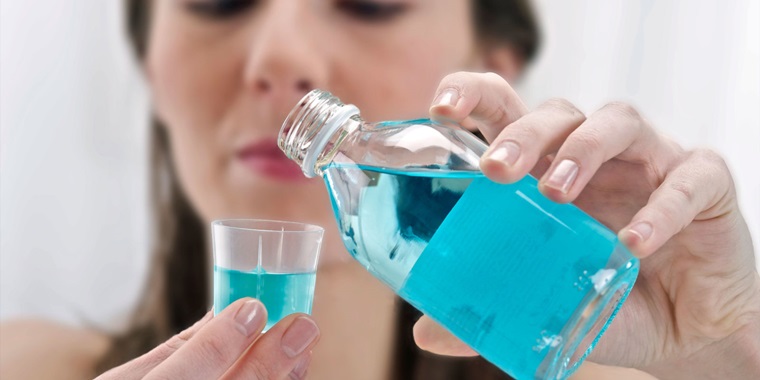
Don’t Dilute Mouthwash Unless Instructed
Most mouthwashes available on the market today are ready-to-use formulations, so you don’t need to dilute them. Unless the product label or instructions specifically mention dilution, don’t add water to your mouthwash. Diluting the mouthwash will reduce the concentration of active ingredients, making it less effective at killing bacteria and cleaning your mouth.
Additional Tips for Using Mouthwash
– Mouthwash is not a completely harmless solution, and improper or excessive use can lead to side effects. Always follow the directions for use and avoid overusing it.
– Fluoride mouthwashes should be used only once a day.
– Avoid swallowing mouthwash, as some people may have allergies or negative reactions to certain ingredients. If swallowed, it could potentially harm your health.
– Choose a mouthwash that is suitable for children if it will be used by young family members.
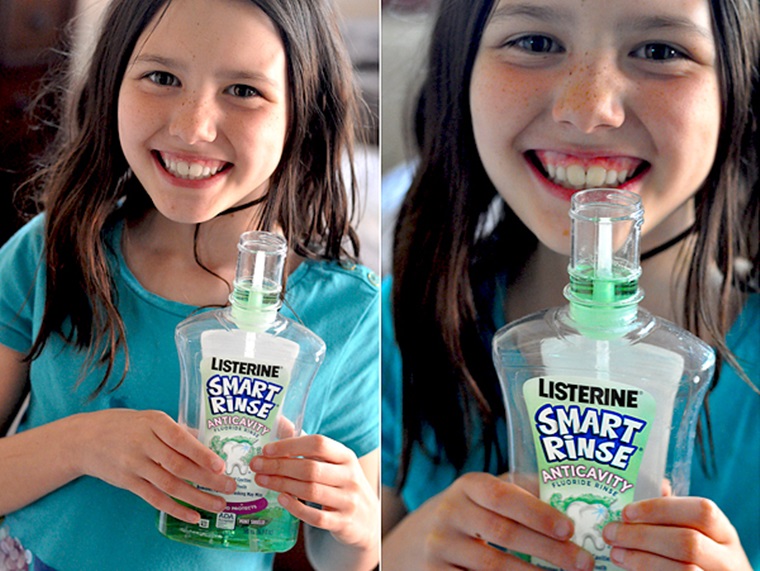
With a good understanding of mouthwash and its proper use, you can confidently maintain a clean and healthy oral environment. If you have any questions or concerns, feel free to reach out to us for clarification.
How to Maximize Air Conditioning Comfort for Babies in the Home
Having a new baby in the home brings many considerations and responsibilities, none more important than making sure the baby is safe and healthy. One way to achieve this is proper air conditioning usage. Read on for helpful tips on how to make the best use of air conditioners to keep your newborn safe.

